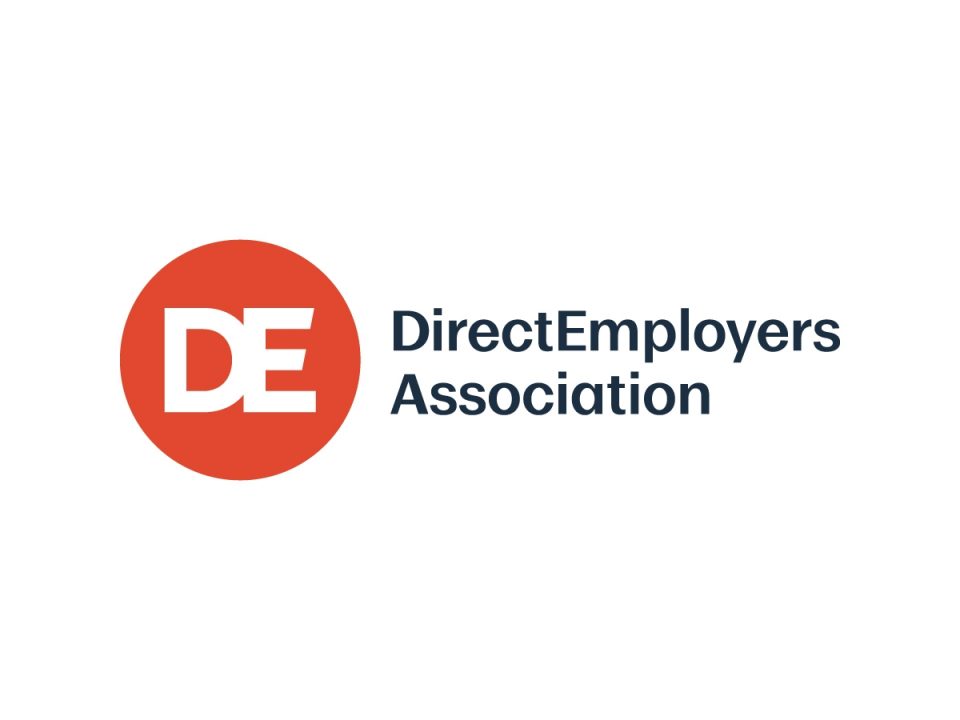The Senators offered four recommendations as to how the DOJ should expand its use of debarment
The legislators listed four recommendations for the Justice Department. First, the Senators advised that the DOJ use its debarment authority for corporate entities and not just individuals. Agencies have a wide latitude to link contracting companies to the malfeasance of any of their employees—including top company executives—as long as the misconduct “occurred in connection with the individual’s performance of duties for or on behalf of the contractor, or with the contractor’s knowledge, approval, or acquiescence” (48 C.F.R. 9.406-5(1)). Yet, the DOJ has historically pursued debarment almost exclusively against individuals, not firms. Many cases demonstrate, however, that corporate wrongdoing is the product of extensive schemes, systematic lack of oversight, or corporate negligence, the lawmakers noted. Thus, the company as a whole, rather than a specific employee, poses a risk to the government’s business interests, they asserted.
Second, the Justice Department should use debarment government-wide, the Senators urged. In the past, the DOJ has “viewed debarment as the responsibility of the contracting agency, to be used only in cases where the debarring agency was itself the victim of the corporate misbehavior,” the legislators pointed out. But Department’s authority to suspend and debar entities “extends across any and all lines of government business—not just its own contractors.” Therefore, the DOJ should “adopt policies that call for Department prosecutors and staff to systematically refer corporate misconduct to the Department’s debarring officials for review in all appropriate cases.”
Third, the Senators recommended that the DOJ broadly consider debarments for all corporate misbehavior. The full breadth of corporate transgressions should subject a company to potential debarment, the lawmakers said, including: “tax evasion, bribery, unsatisfactory performance, and other harmful conduct—particularly health, safety, and environmental misconduct.” Furthermore, the Department should not limit pursuing suspension or debarment actions “only against companies that have committed wrongdoing in their dealings with the government,” the Senators said. Corporate misconduct in any context—whether the government was harmed or not—should inform whether the company has the business integrity the government expects of its contractors and subcontractors,” the legislators wrote.
The Senators’ fourth recommendation was that the DOJ should exercise its suspension authority. Suspension and debarment are distinct tools, they noted. “In many cases, a suspension may be appropriate while an investigation is pending even when a final debarment action may not yet be justified,” they maintained. Suspension can be imposed “on the basis of “’adequate evidence’” even as a fuller investigation or legal proceeding is still underway,” the lawmakers added.


